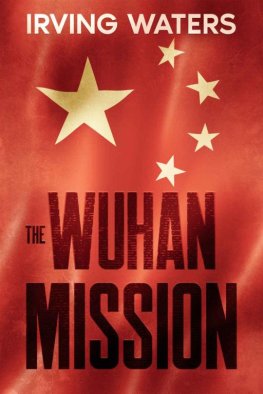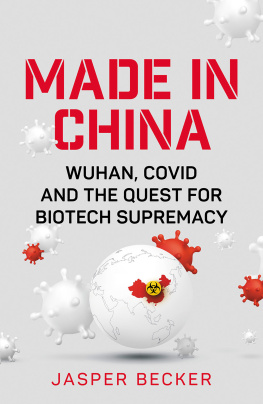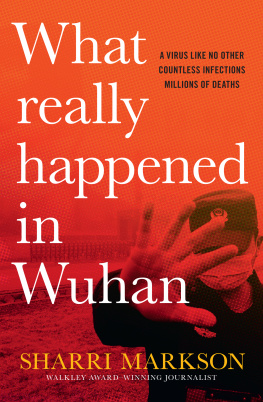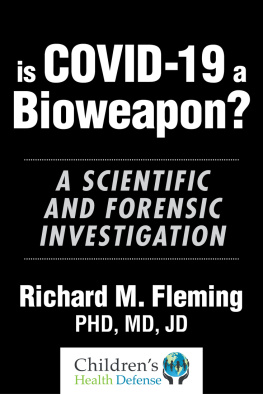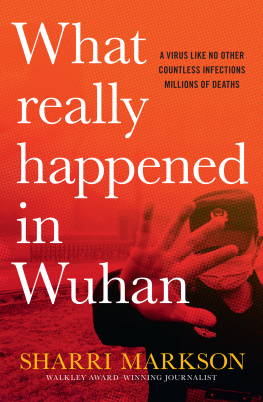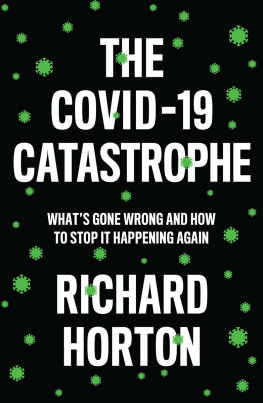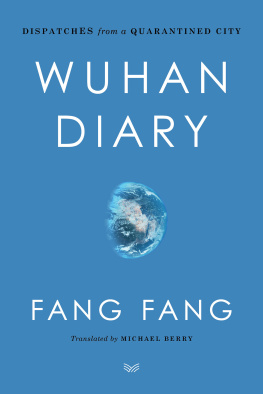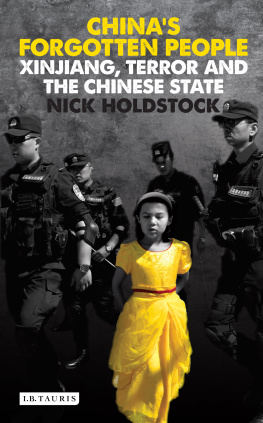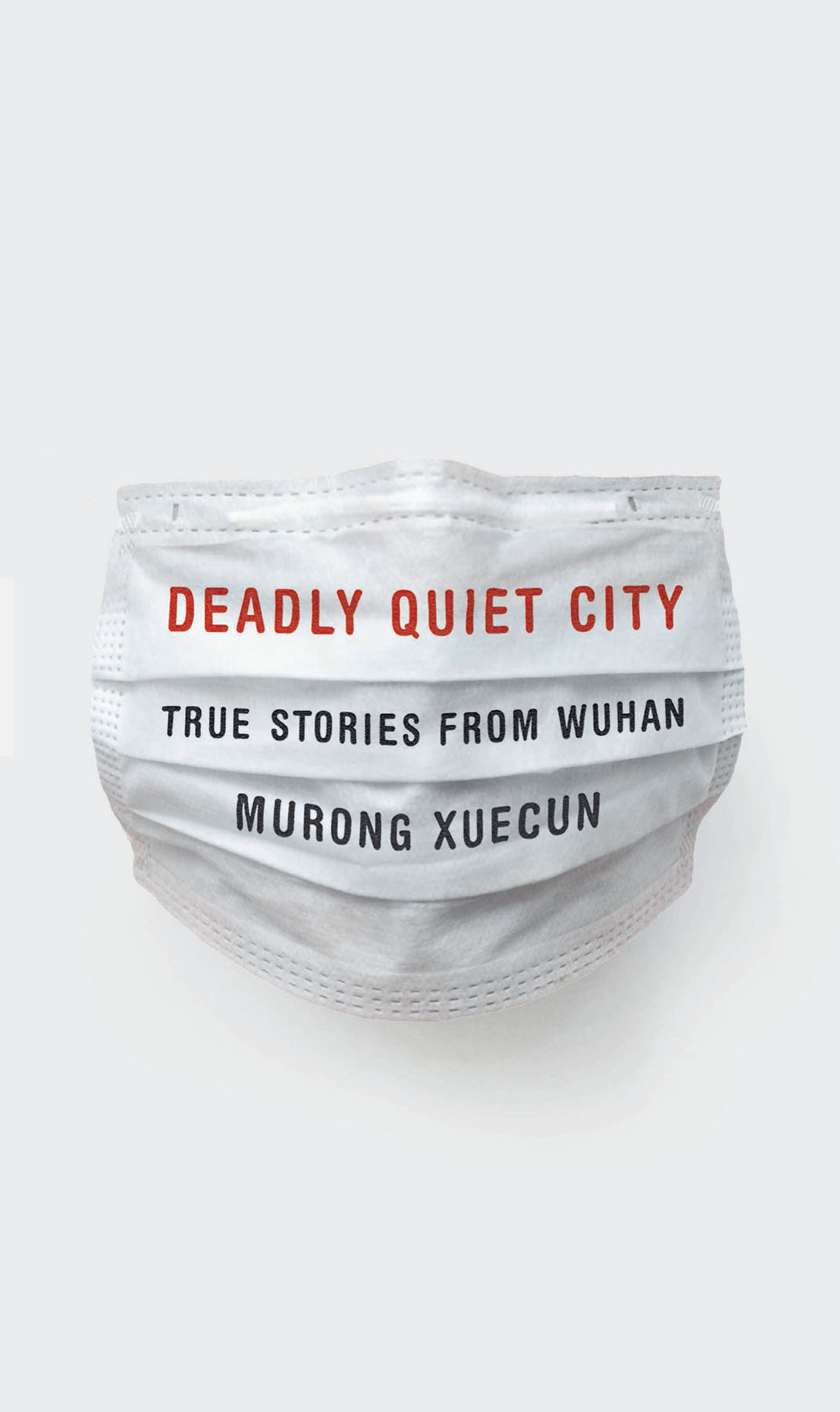Contents
Guide
Pagebreaks of the Print Version
DEADLY QUIET CITY
TRUE STORIES FROM WUHAN
MURONG XUECUN

Contents
Preface
By the time the US edition of this book arrives in the bookstores, the world will have returned to some semblance of normality. Most people will be able to walk the streets, go to work, study, and visit relatives without the constant fear of COVID-19.
The only exception will be China. A country of over 1.3 billion people will have suffered under rolling lockdowns for over three years and the lockdowns will continue. Many people in China believe the virus is still deadly and spreading unstoppably around the world. Therefore, under no circumstances can China relax the controls. Even in an advanced country like America, over a million people have died, said a friend in Beijing a few months ago. Look at China. How many people will die if we slack off like America?
My friend is not uninformed or prejudiced. He is simply making the same mistake that many Chinese people make he believes the government. Over the past three years, the government has been incessantly repeating its narrative: The world is very dangerous, and you should thank us for protecting you. Like children trapped in a cave, 1.3 billion citizens hear a wild beast howling outside the cave and they tremble in fear. Few stand up and ask what is really happening outside. If they do, in no time at all they will end up in an even darker and more confining cave.
This is in no sense benevolent, but the government is clearly benefitting a great deal. It took very little time for Xi Jinping to succeed in getting a third term. For many years to come, the Chinese people will have no choice but to submit themselves to his oppressive rule. Like leeks waiting to be harvested, as they say in China, an idiomatic phrase for suckers about to lose everything to a crooked stock manipulator.
In prosperous megacities like Shanghai, or in remote mountain hamlets, people are forced at any time into a state of silence, which means no timely medical care, no leaving home to buy food, in fact no leaving home at all, like fish unable to escape the tanks at a fish mongers shop. For those who dare to break the rules, officers in full PPE will appear as soon as anyone pipes up. They will have no compunction about assaulting violators, or even tying them to a tree for public humiliation.
Many people have heard the dreaded midnight knock on the door. It means there are infections in their neighbourhood, or in their city. Just one case is enough, even an asymptomatic case, to implicate the whole neighbourhood, or the whole city. Hundreds of thousands of people have been woken by the midnight knock. Infants in swaddling and the elderly with serious illnesses are forced to leave their homes. Enduring bone-chilling winters, sweltering summers, and torrential rain, parents carry children as they support the sick and elderly, and stumble to the buses that officers allocate them to, like merchandise or livestock, destined for tightly guarded isolation centres lets call them concentration camps.
On this vast land from Shanghai in the east to Guiyang in the southwest, hundreds of millions of Chinese people must report their location and status to the government like criminals on parole. Everyone has a personal QR code which is required to prove you are legal and uninfected just to be able to take subway journeys, enter restaurants, or shop at supermarkets. No one cares anymore about privacy or rights because they disappeared long ago in China.
In the foreseeable future, COVID-19 prevention policies that treat people with contempt will continue. When the day comes that COVID-19 is no longer a pandemic, Xi Jinping will not relinquish ruling by QR code. It will shackle China for a long time to come because the QR codes report peoples movements; and when required it can be changed to ensure that petitioners and dissidents, as well house church congregants, have no options to seek justice. This is an advanced technology for controlling people that even George Orwell never imagined.
Every few days, uncomplaining QR code citizens line up at booths inside which there is a person, or sometimes a robot. They then squat down, open their mouths, and wait for the person, or the robot, to stick a swab down their throats or up their noses just to obtain a nucleic acid test visa valid for one or two days. Only then can they legally leave their homes. But very soon they will need to apply for a new certificate, and then another and another. There will be no end to it all. If you forget to visit the testing booth, you will be reprimanded. If you try to evade testing, just wait: soon enough law enforcement officers in PPE looking like astronauts will knock on your door.
Strewn along this humiliating road lie far too many corpses. Infirm elderly have committed suicide because they cannot get medical attention; unemployed youth have leaped from buildings in desperation; unborn children have died in the wombs of mothers waiting for clearance to enter maternity wards. In the early hours of 18 September 2022, a bus full of people heading to an isolation facility crashed off the road resulting in twenty-seven deaths. Before they were taken from their homes and shoved onto that bus, they were just like us. They had dreams, unpaid debts, favourite restaurants, and loved ones but because they lived in China under a totalitarian rule, they were forced to leave their homes, board a bus, and die tragically at the bottom of a ravine.
Since the accident, people selected for transportation to isolation facilities are required to sign a declaration. The wording is usually abstruse, but the gist is always the same: I agree to being put into isolation and if I die, it is nothing to do with the government.
I wonder, if I had been in the same building, how would I have avoided death, an author posted online. Could I have avoided being sent to the isolation facility? Could I have avoided getting on that bus? Would I have had the courage to stand up and oppose the absurd policy? I ask myself these questions over and over, but the answer is always, no. If I refuse to go, they will arrest me. If I stand up in opposition, they will torment my family and my children. So I have no choice other than obedience. I will obediently leave home, I will obediently get on the bus, and I will obediently hurtle to my death.
This is my fate. But, my friends, this is not just my fate alone.
The post disappeared in a few minutes. Perhaps the author was warned or perhaps the indefatigable censors perceived some danger and deleted the post, according to the law. But the authors questions will not disappear. They await answers. How did China once the factory of the world, the worlds second largest market with countless skyscrapers and highways come to this? What opportunities did we miss as we slid down into this abyss? Could we have rolled up our sleeves and shouted No! at the dictator and saved that bus from hurtling over the cliff? And at this moment when the dictator has pushed all of China into the doomed bus, could the world do anything to save the millions of families on the bus?
*
My book does not answer these questions, but it will take the reader to the place where the disaster began, to visit the people whose voices were drowned out by the deafening noise pumped out by Chinas vast propaganda machine. You will hear the inner voices of people who were unable or too scared to speak out. You will share their torments. But bear in mind that these tragedies are just the beginning of an even greater tragedy.


